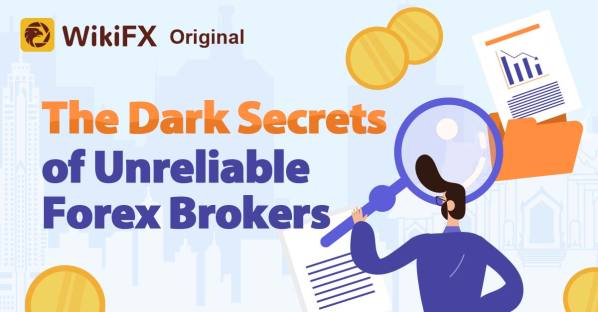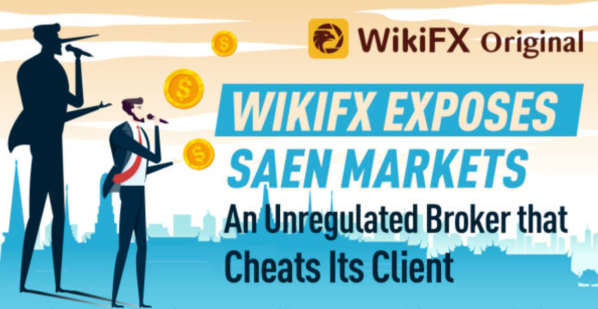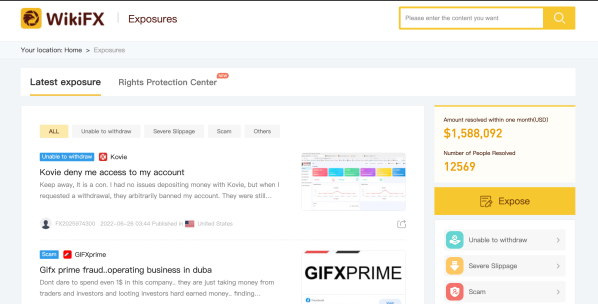
Mr. A: “Hey, a friend just showed me his forex trading account. He said he just made more than $50,000 in a single day”
WikiFX: “Are you sure? Judging from the looks of it, this may not be true.”
Mr. A: “He is my friend, I have been talking to him on an Internet forum for a few weeks. He is a nice person.”
WikiFX: “I can't find much information about this broker that your friend is using; thus there is a high chance that it is a dodgy broker. If your friend is an experienced and skilled forex trader, why would he entrust his money with such an unknown broker? On the other hand, what is his intention of showing you his money out of a sudden? It could be possible that this is just a fake account that he is using to lure you into joining him and/or his broker.”

If you ever find yourself in such a scenario, please be alert for this red flag. It is a high-risk forex broker scam that is very common these days.
Now, let us talk about how a forex broker makes their profits.
Generally speaking, the purpose of foreign exchange brokers is to make money. There is no wrong with this because all businesses are set up to make money. The 2 main sources of profits for brokers are deposited amounts by users and volume traded by users.
There are some brokers that operate with a legitimate business model with genuine licenses and regulatory statuses as well as good customer support. However, unfortunately, there are some forex brokers that only aim to scam their customers to make quick profits.
How does a shady dealer operate?
A forex broker that looks to reap quick profits from their clients usually uses exaggerated marketing terms such as guaranteed high profits, high leverage levels, bonus capital and etc. This is to attract clients to deposit their money with them.
This type of broker may also seek cooperation from their own team in order to make their schemes more real and personal. They hire people to impersonate a profitable fund manager who can provide signals that promise easy profits. They use a fake trading account to show fake profits as “fake proofs”.
Once users deposited their money, these forex brokers would come up with many excuses to forbid them from ever withdrawing their money. This is because when a client withdraws his money, it means lesser profits that the forex broker can make, which is why they will use all sorts of tactics to prevent that from happening.
Example 1:

Dacland Capital told its client that he could not withdraw his profits because he owed the government taxes and that they will submit them on his behalf to the bureau. Once the client paid them the amount that was required, they did not reply to him anymore.
Read more about this case here: https://www.wikifx.com/en/newsdetail/202206158714379839.html.
Example 2:

SAEN Markets hired outsiders to create the impression that there was a profitable fund manager who could guide clients in making easy profits. When the client wished to withdraw his funds, the customer service representative told him to pay for outstanding taxes over Whatsapp. Unfortunately, once he did the additional deposit according to her instructions, she deleted her Whatsapp account entirely. The client was devastated and hopeless because he did not know how to get his funds back.
Read the whole story here:
https://www.wikifx.com/en/newsdetail/202206169574715862.html.
To prevent yourself from falling into the traps of unreliable forex brokers, you can equip yourself with more knowledge through the WikiFX Exposure page https://exposure.wikifx.com/en/revelation.html.
This is where users from all over the world reveal their most honest and transparent reviews about their forex brokers respectively, in addition to the cases where they got unfairly treated by their brokers.

If you are a victim of a forex broker scam, please do not feel despair. Reach out to WikiFX through the mediums listed below and we would be able to provide assistance in resolving your case:


Leave a Reply